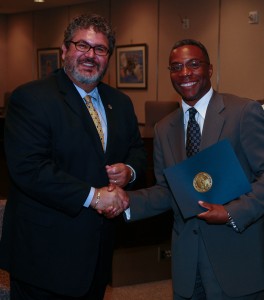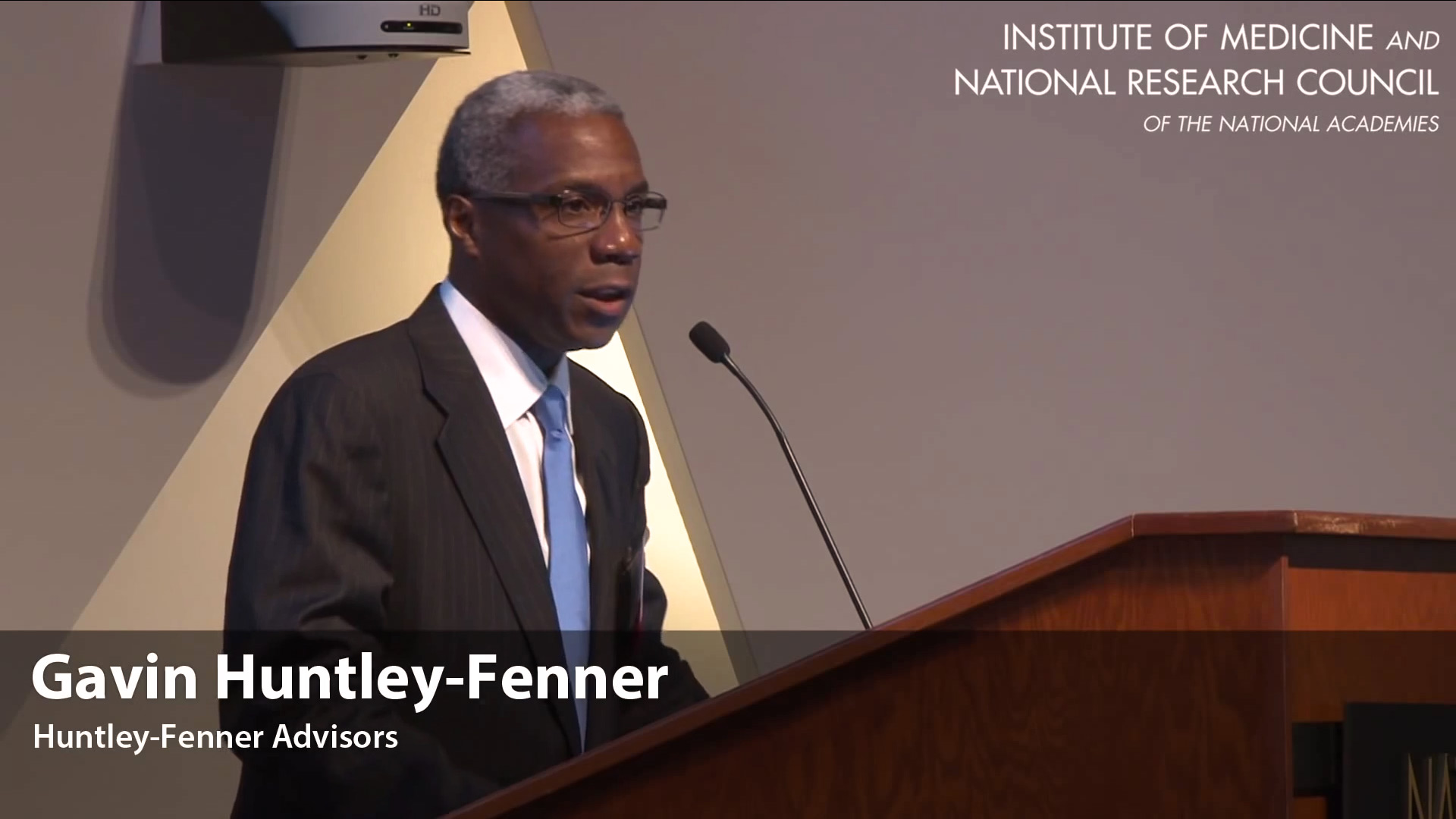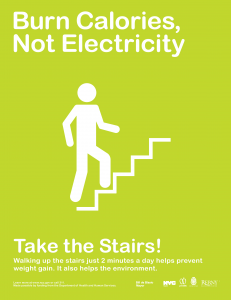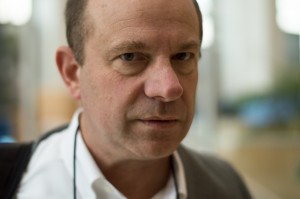A book chapter on Autism and Higher Ed
July 8, 2015 | Posted by Gavin Huntley-FennerHuntley-Fenner 2015 Autism Paper
When I was a grad student in Brain and Cognitive Sciences at MIT, I learned about autism in the context of classes in cognitive development. I taught classes from that perspective as well. However, I knew very little about the impact of autism on people’s lives and on the emotional and social experiences of children. Fast forward twenty years or so and my experiences as a school board member in Irvine (2004-2013) opened my eyes to some of the curricular and social challenges facing autistic students. I also served for a while on California’s Statewide Autism Advisory Committee in the State Department of Education in 2007. The transition to adulthood, job/college/independent living etc, was one of the big concerns of our work. Today, when I think about autism and related disorders I have a broader perspective, drawing on my own scientific training as well as my interactions over the years with parents, teachers, special needs services providers, school administrators, family physicians and public policy experts.
This chapter represents a coming together of those various strands. I was asked to write a piece about cutting edge issues in higher education. The paper is about whether the growing dependence on education technology is a good thing or bad thing for autistic students in higher ed settings.
If you enjoy it please let me know …. and get a copy of the book!

Dr. Huntley-Fenner at the CA Department of Education “Grip and grin” with staff


 not often that a television show presents real world human factors problems and brings science to bear on understanding and addressing them. National Geographic is about to launch a series examining behavior change. It is called “
not often that a television show presents real world human factors problems and brings science to bear on understanding and addressing them. National Geographic is about to launch a series examining behavior change. It is called “ Walk,” “Clean up after your dog,” “Take the Stairs”).
Walk,” “Clean up after your dog,” “Take the Stairs”).
 I’ve read that all thermal engineers have an inner firebug, is that true?
I’ve read that all thermal engineers have an inner firebug, is that true?